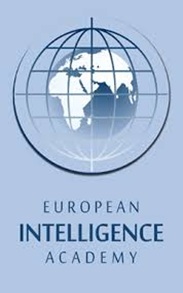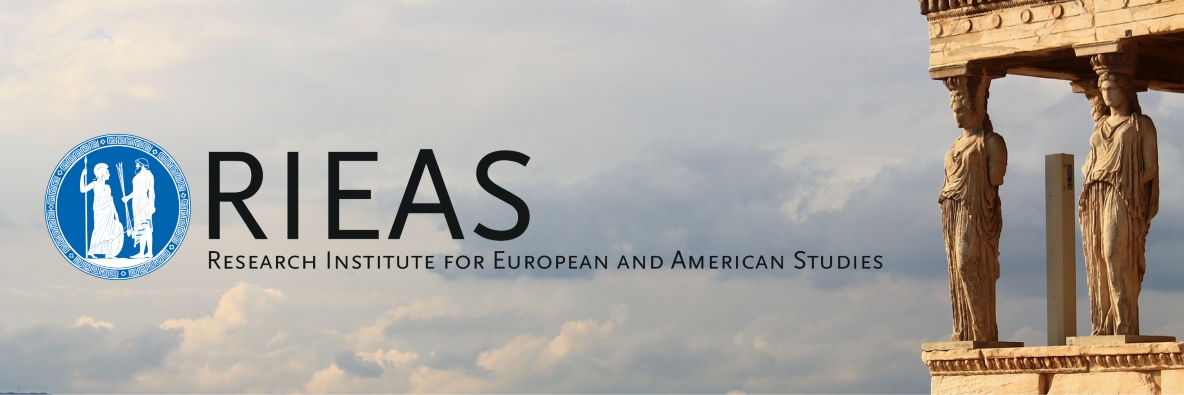 John M. Nomikos
John M. Nomikos
(RIEAS Director & Chairman, European Intelligence Academy)
Copyright: @ 2025 Research Institute for European and American Studies (www.rieas.gr) Publication date: 17 November 2025
Note: The article reflects the opinion of the author and not necessarily the views of the Research Institute for European and American Studies
Note: European Intelligence Academy web site: https://euintelligenceacademy.eu/
On 11 November 2025, Reuters wrote that the Ursula von der Leyen, President of the European Union Commission pointed out the creation of an Intelligence body which will hire officials from across the European Union member states as well as improve the use of information gathered by national intelligence services.
The author of the editorial published an article in 2005 focused on the creation of a European Union Intelligence Service (EUIS) and it was published in the International Journal of Intelligence and Counterintelligence (IJIC) in USA.
Even though it took the European Union twenty years to consider the creation of a European Union Intelligence Service (EUIS), I believe it is on the right direction. In the future, the next step for the European Union should be to transform the European Security and Defense College (ESDC) into a European Union Intelligence University that will provide train and educate European officers in the forthcoming European Army as declared by European Union officials. Reduced duplication and closed cooperation among the EU member-states offers an opportunity for efficient intelligence cooperation.
The emerging intelligence service in the European Union should have as its most important task the analysis of overtly as well as covertly gathered information and preparing it for use by policy-makers. One of its goals is to bring together experts from both the intelligence and security services.
A concept of synergy between public and private sectors that is quite difficult to be proven in Greece, the European Commission must form a strong collaboration between private and public sectors that focus on analytical and intelligence branches as well as on enhancing non-for-profit research think tanks upon open-source intelligence analyses which would allow the European Union Intelligence Service (EUIS) to advice the European Commission and the European Council on foreign and security issues for prospective conflicts in Europe.
The next decades in the 21st century, the Human Intelligence Networks (HUMINT) and the Artificial Intelligence (AI) will require an evolutionary approach on training and educating the generation of the future intelligence analysts and practitioners to the methods and systems that are needed to know in order to face the emerging non-state actors, hybrid warfare threats and the need for stronger defenses against psychological operations (cognitive security). As Brigadier General (ret’d) Ioannis Galatas correctly states: “The unexpected is the new normal.”
Read more on journal & and click on it
